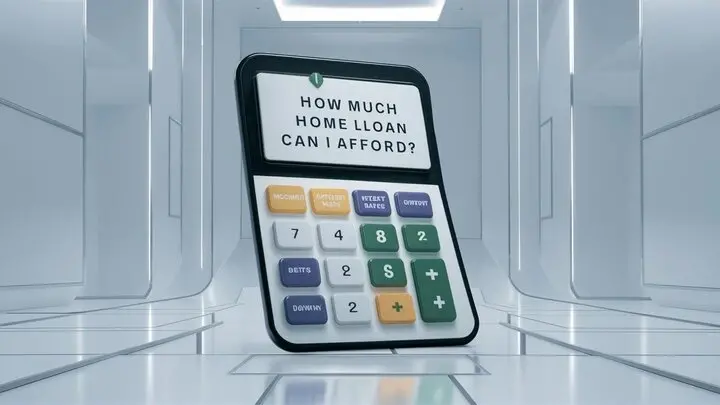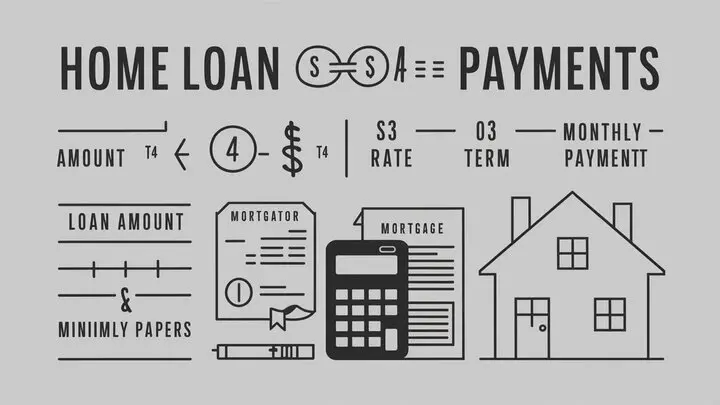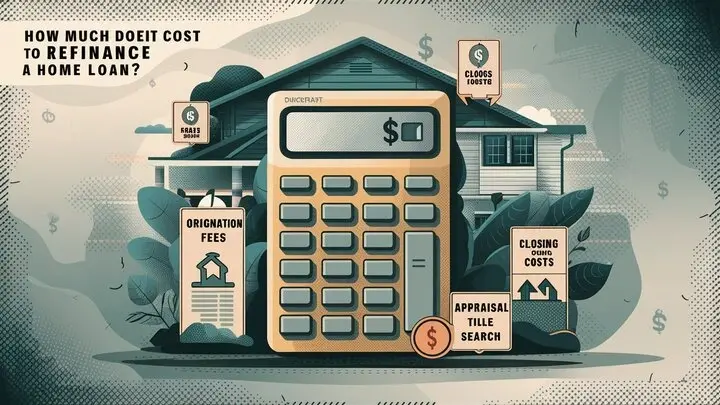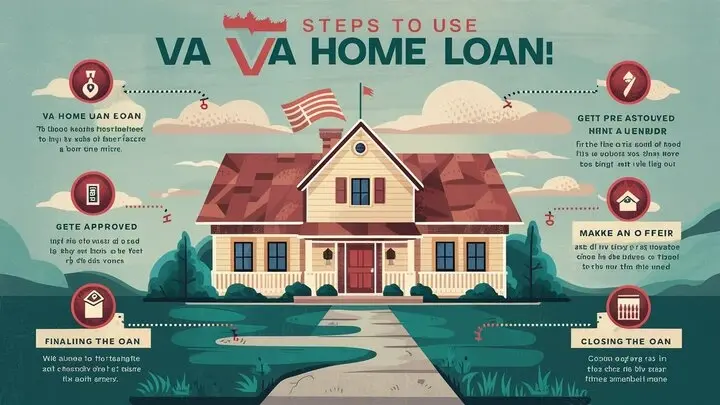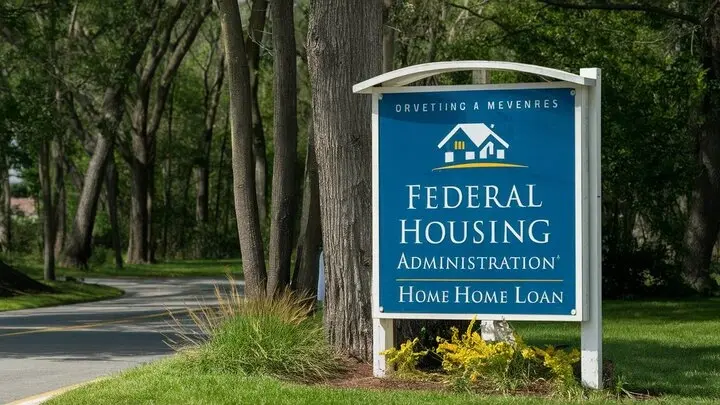-
Posted on: 23 Aug 2024
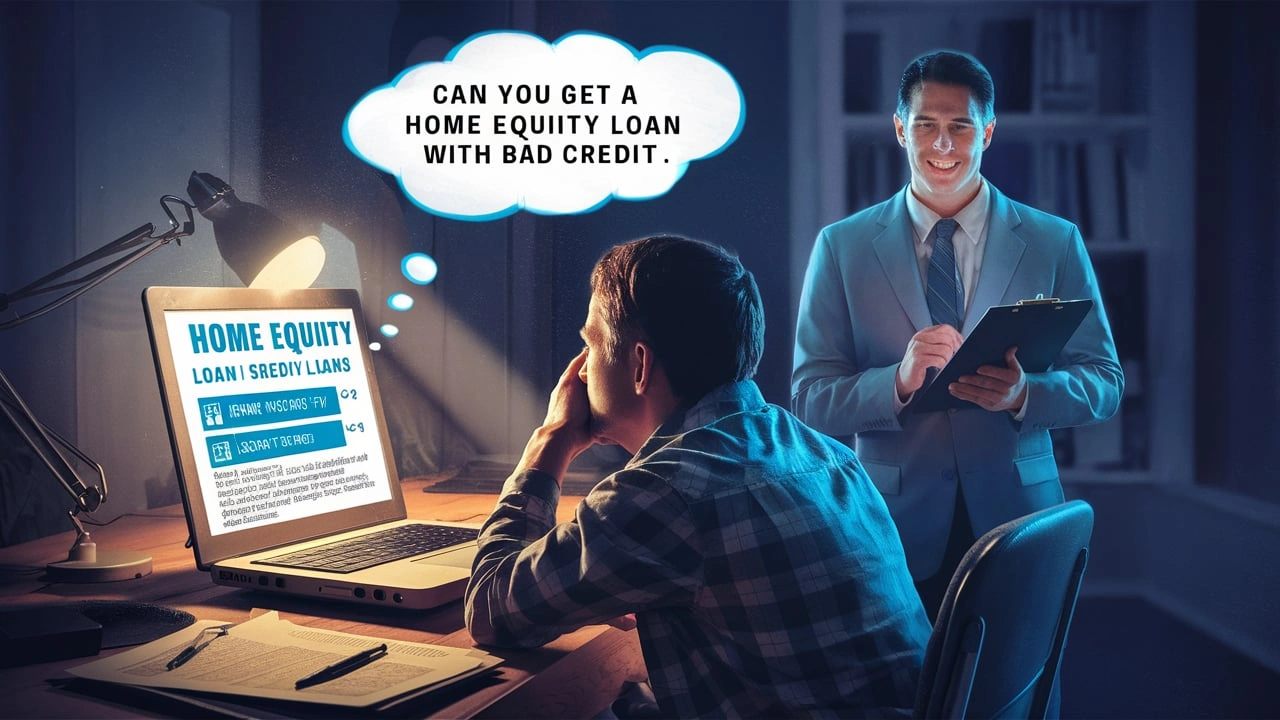
-
When you have a bad credit score, it can be challenging to qualify for financing such as home equity loans or home equity lines of credit. But some choices can be taken if one has bad credit but a lot of home equity to put into it. In this article, we will discuss home equity loans, home equity lines of credit (HELOC), credit score requirements, and strategies to increase the likelihood of approval if your credit score is low.
What is a Home Equity Loan and a HELOC?
In other words, a home equity loan or line of credit enables a borrower to borrow an amount of money based on the current market value of his home. Equity is the value of the house minus the balance of the mortgage, which is determined by dividing the current market value of the home by the outstanding balance of the mortgage. Therefore, if your home is valued at 300000, but you have a mortgage that you still need to pay 200000 for, then you have equity of 300000 – 200000= 100,000.
In a home equity loan, you borrow the money that you need in one lump sum at the time of the loan agreement. The loan is in a fixed sum and has fixed durations with fixed monthly payments just like an auto loan or a home mortgage. On the other hand, a HELOC works more like a credit card, which means that the borrower gets an established credit limit with which he or she can borrow from the access to which is also established. It is a form of credit that is available for use up to a specific amount and can be used to obtain cash as required. HELOCs often come with floating rates as opposed to the fixed rates.
Minimum Credit Scores
The majority of lenders have specific requirements that state that a borrower must have a credit score of 620 or more for a home equity financing application. Some companies report common FICO scores for approval ranging between 640 and 700. Therefore it becomes rather difficult to get approved if your score is below 600. However, some of the niche players are willing to lend to borrowers with scores of mid 500s provided that there is sufficient collateral for the loan.
Tips for Getting Approved
If your credit score falls short of lender minimums, there are a few things you can do to potentially improve your chances:
-
Shop around: Every lender has its unique condition and some may be willing to overlook credit score differences on an individual basis. It is better to try everything and not be limited in possibilities. Perhaps, credit unions or even smaller community banks might be more willing to lend a hearing to this idea.
-
Leverage equity: The more equity one has the better especially when it comes to decision making and management of the business. Some of the loan providers may agree to provide loans with a high LTV ratio especially to borrowers with bad credit scores. But most like to see at least 20% equity or more. Holding and paying down the primary mortgage can help build equity in the long run.
-
Bring on a cosigner: If one has poor credit history, then having a co-signer with a good credit rating will help improve the chances of approval. Your income, assets, and credit history, as well as those of your partner, will be taken into consideration. Just know they will also be equally liable for repaying the loan too just like the first one.
- Improve your credit: Among the most influential factors that have a direct impact on credit scores are the payment history and outstanding debt. If time permits, continue making payments to reduce your credit card balances or contest any wrong information on your reports, or apply for new credit accounts. Every little bit counts in the quest for saving a life and reducing complications in cases of childbirth.
Disadvantages of home equity financing
While home equity loans or HELOCs allow you to access funds from the equity you’ve built up, there are some downsides to consider:
-
Higher interest rates: Home equity loans and lines of credit for buyers with bad credit also cost more because the interest rate is higher and that translates to more expenses throughout the loan duration.
-
Risk of losing your home: If you do not pay your dues, the lender can seize your home even if you are up to date with the current mortgage company. Home equity financing is a risky proposition because it involves using your property and equity as collateral.
- Upfront costs and fees: Even before one gets an estimate of the amount needed, there are a host of charges starting with the application fees, appraisal fees, and loan origination fees among others. These simply get added to the total amount of the loan.
The Bottom Line
Thus, poor credit does not necessarily disqualify one from accessing home equity through financing. Just remember that the eligibility criteria are slightly more stringent and you might not always get the perfect conditions or the quantifiable sum that you were looking forward to. Lending is another area that you should work on further: You should strive to have a better credit score and financial situation for better lending options. If home equity borrowing appears high risk depending on present credit score, look for other ways of getting money.
Need better credit? Call (888) 803-7889 and let the experts help you!
-

